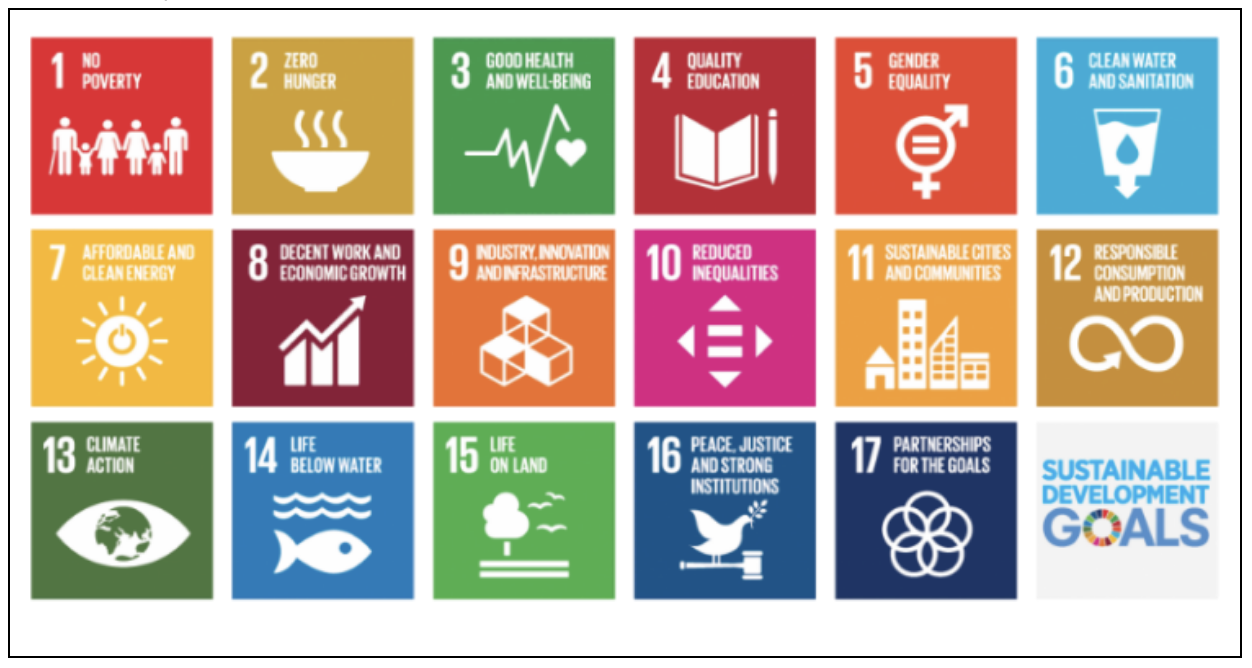This is the year to get the Sustainable Development Goals back on track
Relevance: GS Paper III
Why in News?
2024 is an election year across the world, and newly elected governments need to focus on the all-important sustainability issue. The United Nations Summit on Sustainable Development Goals (SDGs) took place in New York on September 18-19 and assessed progress towards the SDGs outlined in Agenda 2030.
Sustainable Development Goals (SDGs):
- The SDGs are a global initiative adopted by the UN General Assembly in 2015. They consist of 17 goals and 169 targets aimed at promoting sustainable development, which must be achieved by 2030.
- Although this program is internationally non-binding, all countries have committed to working towards these goals, as transitioning to sustainable development is a common global endeavour.
Challenges in pursuit of SDGs:
- The reports suggest that progress towards these goals has been inadequate. The initial advancements made between 2015 and 2019 were minimal and have been further disrupted by the COVID-19 pandemic and other global crises.
- Specific attention is drawn to the lack of progress on environmental and biodiversity goals, which include responsible consumption and production, climate action, life below water, and life on land.
- The ongoing approach to pursuing these goals has been criticised for not being integrated or holistic.
- We are far from the overarching target of balancing human well-being and a healthy environment, which could lead to increased environmental degradation and undermine the transition towards sustainability.
Global commitments and ground-level impact:
- While world leaders have recognised these issues and vowed to intensify efforts to meet the SDGs by 2030, there is scepticism about whether these commitments are translating into effective actions at the local and national levels.
- A team of 64 scholars analysed 3,000 studies, mostly peer-reviewed published articles worldwide, to examine ‘Scientific evidence on the political impact of the sustainable development goals’ within national and global governance to address pressing challenges of poverty eradication, social justice, and environmental protection.
- The results published in Nature Sustainability deserve wide deliberations, especially in the context of the implementation of the 2030 Agenda.
- The authors examine five dimensions: global governance, domestic political systems, the integration and coherence of institutions and policies, the inclusiveness of governance from local to global level, and the protection of ecological integrity.
- They conclude that the SDGs have had mainly discursive effects thus far but have also led to some isolated normative and institutional reforms.
- There is little evidence that goal setting at the global level directly impacts national and local politics. Overall, the assessment indicates that although the SDGs have some limited effects, they are not a transformative force in themselves.
Way forward:
Urgent Actions identified in the UN SDG Report, 2023 -
- The commitment of governments to seven years of accelerated, sustained and transformative actions to deliver on the promises of SDGs.
- There should be concrete, integrated government policies aimed at eradicating poverty, reducing inequality, and ending environmental destruction, with a particular focus on the rights of women and girls and empowering the most vulnerable.
- There's a need to strengthen national and subnational capacities, accountability and public institutions to deliver accelerated progress.
- The international community must recommit to providing resources and support to developing nations.
- The UN development system needs continuous strengthening to support these efforts.
"Future is Now" Report (2019) -
- This report argues for a systemic approach that helps identify and manage trade-offs while maximising co-benefits. By co-benefit, the stress is on the activities that, while addressing one SDG, will help address others at the same time.
- The report suggests adopting locally best-suited entry points following regional and national priorities and applying four levers—governance, economy and finance, individual and collective action, and science and technology—to propel our actions along the entry points.
- Actors from these levers must develop partnerships and establish novel collaborations to design and rapidly implement integrated pathways to sustainable development corresponding to the country's specific needs and priorities. This will ultimately contribute to global transformation.
- In the prologue to this report, Gro Harlem Brundtland, former Prime Minister of Norway and renowned for the famous Brundtland report, “Our Common Future”, expressed the hope that politicians and policymakers will take note of the suggestions advanced in this report and steer the world towards sustainable development.
Conclusion:
The year 2024 will be crucial as it's an election year. At least 64 countries, both developed and developing, accounting for 49% of the world population, will go to the polls. This presents an opportunity for new governments to prioritise sustainability in their national agendas, which could significantly influence global efforts to achieve the SDGs by the 2030 deadline.
|
Beyond Editorial: 
India and Asia’s challenges mentioned:
Improvements mentioned in the report:
|
